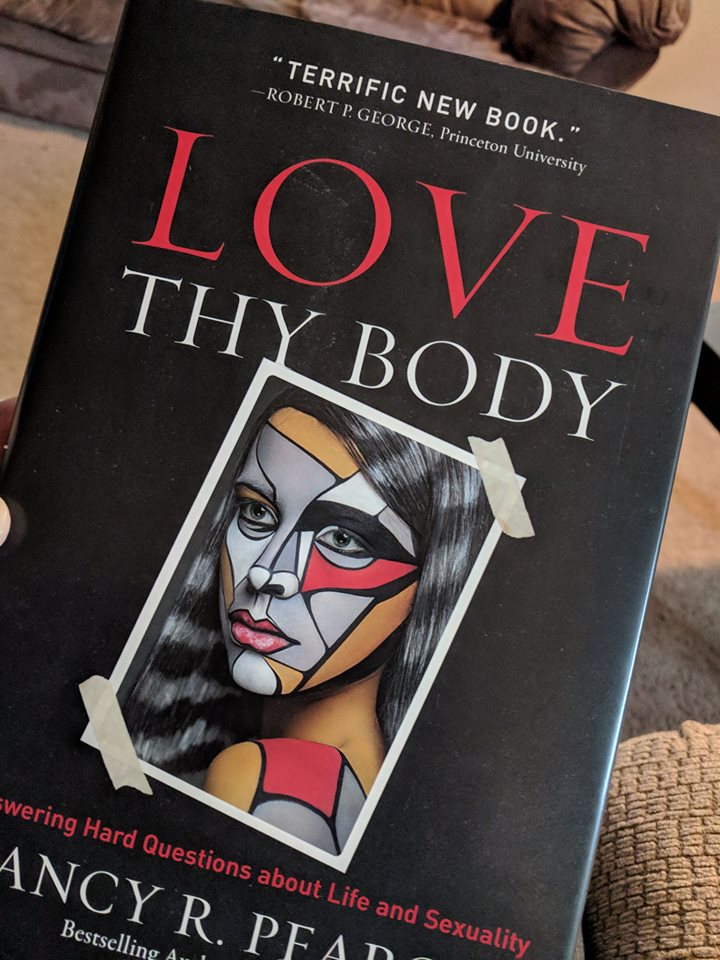Have you heard of intersectionality? Unless you’ve been hanging around the rarified halls of academia lately, this may be a new term to you.
Intersectionality theory was introduced by Kimberlé Williams Crenshaw in a 1989 paper with the unwieldy title, “Demarginalizing the Intersection of Race and Sex: A Black Feminist Critique of Antidiscrimination Doctrine, Feminist Theory and Antiracist Politics.”
Ms. Crenshaw is an African American law professor who identifies as both a feminist theorist and critical race theorist. In political theory, feminism says laws need to change because men oppress women, while critical race theory says laws need to change because whites oppress blacks.
If you’re a black woman then, how do you balance the competing demands of anti-sexism and anti-racism? The question does present something of a quandary, and in the paper, Crenshaw introduced the concept of intersectionality, which effectively said the two concepts should remain independent and be seen as forces that interact with one another.
To be fair, I have not read the full paper, but what this seems to imply is, somewhere within the identity of women of color like her, there is – and should be – an intersect, a division, a point at which the two aspects of the self collide.
The paper was published in 1989, roughly a decade before LGBT politics added four more identity categories based on sexuality. With these added identity categories, you can see how the intersections rapidly multiply. At what point, we might ask, does a cluster of multiplying intersections disintegrate into a chaotic, confused inner mess?
Welcome to the modern millennial mind.
Thoughtful Christians must learn how to navigate all of this, sorting out our culture’s manifold incoherencies with clarity and compassion. I don’t know of anyone doing a better job of helping us do that today than Nancy Pearcey, whose newest book, Love Thy Body: Answering Hard Questions about Life and Sexuality, shines much-needed light on the most pressing category of confusing ideologies today, the sexual ones. Think of it as a training guide for comprehensive, clear thinking about the biological and sexual deconstructivist movements of our day – abortion, euthanasia, casual sex, homosexuality, and transgenderism.
“Every practice comes with a worldview attached to it,” she writes in the first chapter, “one that many of us might not find true or attractive if we were aware of it. Therefore it is important to become aware.”
Love Thy Body is about a lot more than just awareness, though it will give you that. Returning to the concept of intersectionality, you should be able to see how intersectionality fragments one’s own identity inwardly, and perspective on the world looking outward. By contrast, as Pearcey writes, the biblical view of the human person is wholly unifying. Grounded in our identity as human beings created by God, who made us, knows us, and loves us, This understanding of the human person leads to a wholistic integration of identity and personality. It fits who we really are.
Rather than shake our heads at the incoherence of a man being elected a city’s first female mayor or a man winning a women’s weightlifting title, Christians need to learn how to respond helpfully in order to engage with secular culture in terms it can relate to. In ancient times, ministers of the gospel traveled to foreign lands geographically. Today we may have to go where they are conceptually in order to offer them the gospel that sets people free. “In the wasteland,” Pearcey writes, “we can cultivate a garden.”
In a fragmented world where people are desperately in need of answers to hard questions about life and sexuality, Love Thy Body brings clarity, coherence, and integrity.
Love Thy Body is now available. Click here to order.
